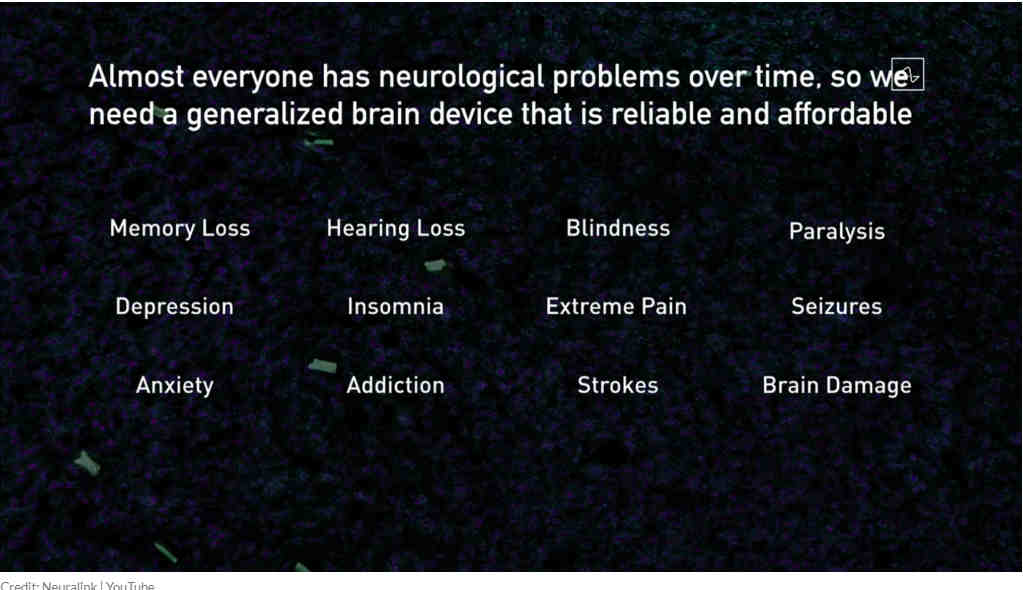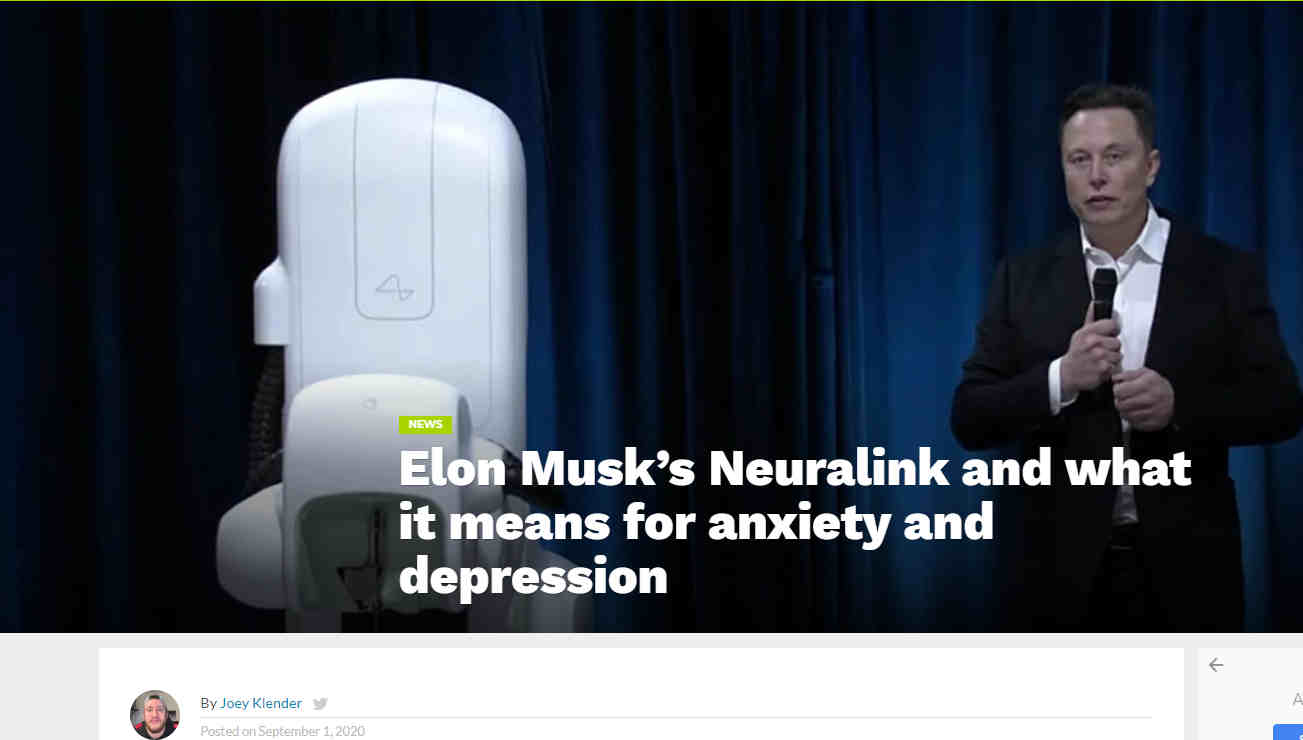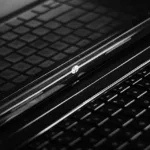During a live YouTube presentation last Friday, Elon Musk disclosed some new developments on Neuralink’s breakthrough implant, which aims to merge the human brain with Artificial Intelligence. The device, which uses a series of threadlike sensors, is implanted on the brain without the use of general anesthesia. According to Musk, the procedure can take less than an hour in an out-patient setting , offering options for removal or upgrade down the line. The Neuralink system is said to potentially provide treatment for Alzheimer’s, dementia, epilepsy, strokes and spine issues, among others.
Massdevice.com: Musk has touted the Link system as a potential treatment for spine and brain issues

Massdevice.com shared that during the webcast last Friday, Musk detailed some aspects of the system, which is a small device with a rechargeable battery meant to last a full day, wires embedded in the cortical surface of the brain for continuously recording 1,024 channels of neural signals at once, a six-axis inertial measurement unit for tracking head movement, more sensors for measurables like temperature and a Bluetooth antenna to connect with a smartphone app.
A less invasive device than other DBS systems that are implanted around the chest area, Link is implanted through the skull. Musk saying it could be implanted in less than one hour in an outpatient setting and without the use of general anesthesia, with options for removal or upgrades down the line.
Musk has touted the Link system as a potential treatment for spine and brain issues, while also sharing a “wishlist” that includes autism treatment and non-linguistic communication.

Teslarati.com: Neuralink device aims to combat neurological disorders like Alzheimer’s, dementia, and epilepsy, along with other medical conditions

In a report by Teslarati correspondent Joey Kiender, the Neuralink device aims to combat neurological disorders like Alzheimer’s, dementia, and epilepsy, along with other medical conditions like strokes. However, the Link could also fight common anxiety and depression disorders.
Elon Musk has been vocal about Neuralink’s possible assistance in combating brain diseases and disorders ever since the company was founded in July 2016. However, he has seldom, if ever, talked about the Link’s ability to fight anxiety and depression disorders. Up until the presentation last Friday, which updated the public on the company’s progress, it was unknown that the device could help these widespread mental illnesses.








